
Hiking Philosophy – Why Hike?
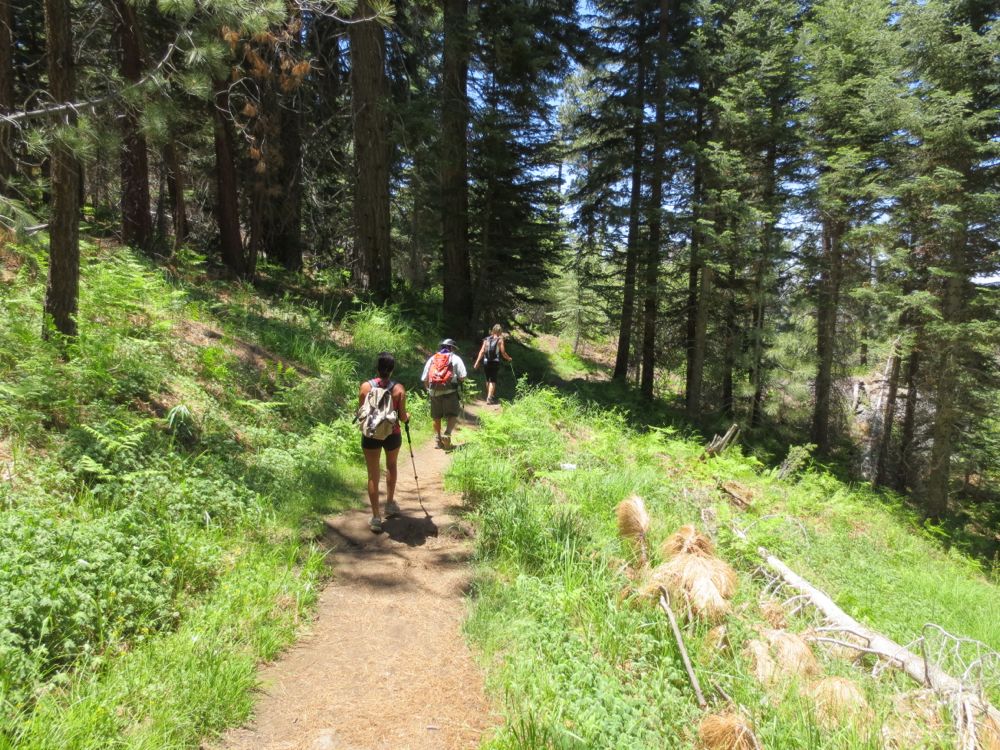
For much of our history as a species on this planet, humanity has had to walk great distances on a regular basis. Only since the advent of the first civilizations in the last 10,000 years or so have we had any leisure at all. This leisure time – for some at least – was a side effect of the specialization of function offered by farming and animal husbandry, activities which produced a surplus of food, thereby allowing certain individuals to engage in activities other than hunting, gathering, and preparing food all day.
Thus we walked and were on our feet for most of the day every day for most of our existence as a species. As such, we are designed as beings with the ability to walk for long distances without stopping. This is true both from the physiological perspective of the structure of our legs and the types of muscle with which they operate, and also the structure and nature of operation of our cardiovascular system.
Even after the advent of civilizations and the resultant specialization of function most people were still on their feet for most of the day. Until the Industrial Revolution many people engaged in agricultural activities and since there were no machines, much work required us to walk and engage in physical labor. With the advent of large-scale industrial processes fewer people engaged in agriculture but walking was still the normal method for getting around.
Only in the 20th century, particularly because of the development of and subsequent mass utilization of the automobile have we really as a species been not required to walk and be on our feet on a daily basis to exist. Note that this is especially true in Southern California – we do love our cars! We sometimes drive when walking would be faster. Thus as a species we have become notably more sedentary, which is an under utilization of our physical being. After you hike you feel better, in part, because your body was designed to be used in this manner.
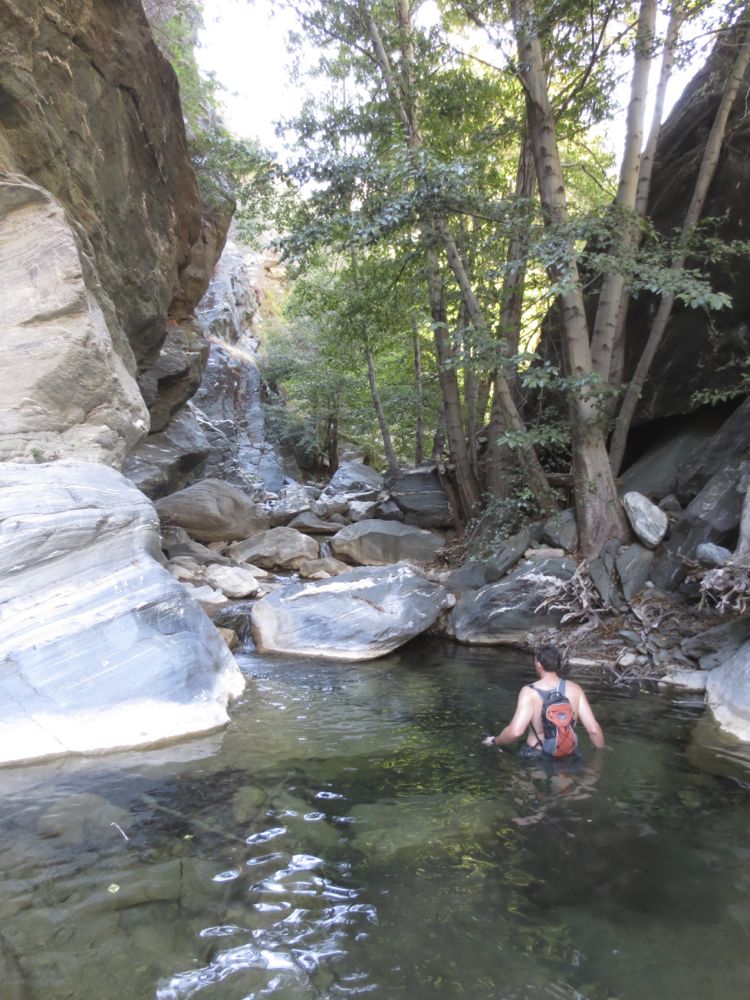
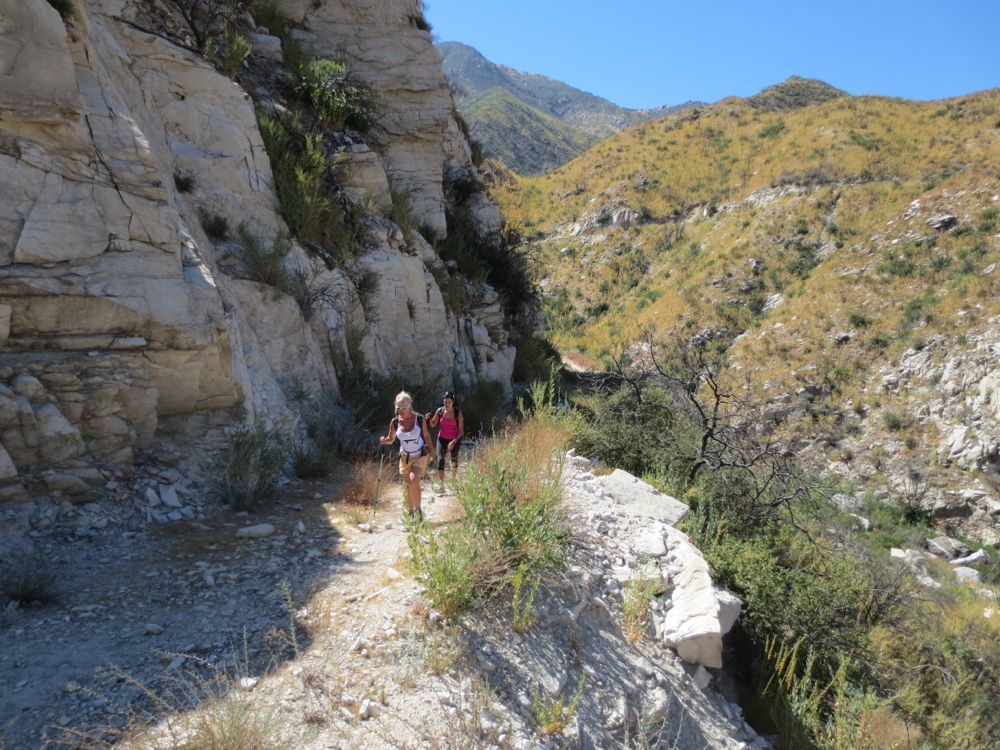
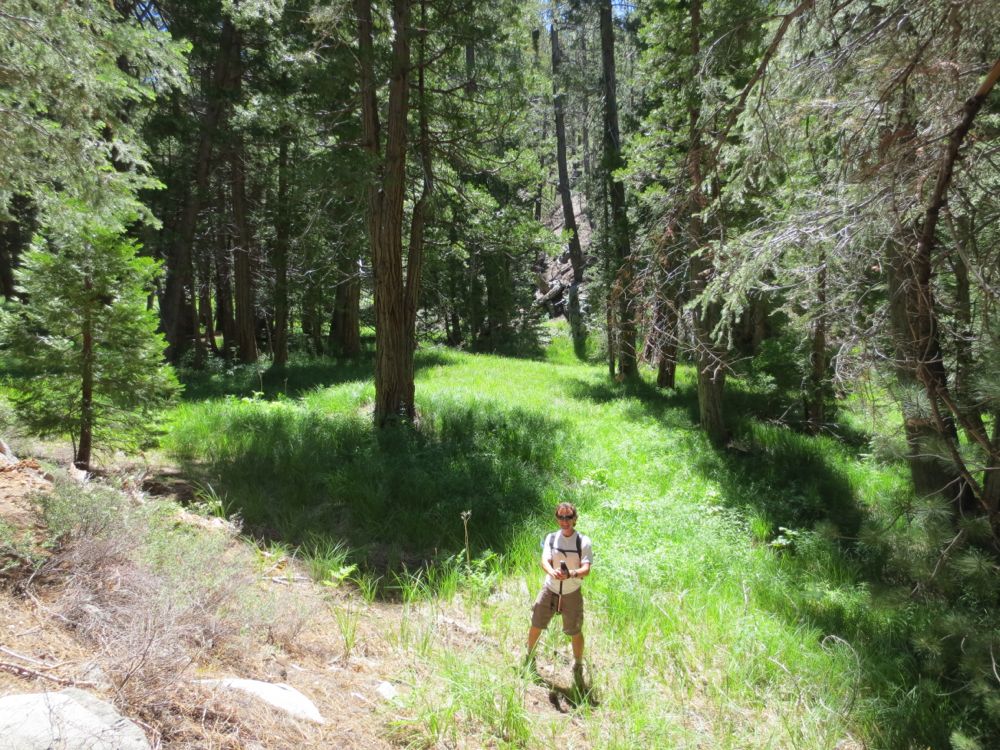
But man is a holistic being, and we operate on three planes, physical, psychological, and spiritual. I think most would accept that hiking addresses the physical dimension admirably. But there are also the other dimensions, dimensions perhaps more profound – the psychological and spiritual. Hiking addresses all three of these simultaneously, and I would contend that few other activities do in a similar manner. A hiking philosophy must include all these realms of being.
Much of our lives now, because of the nature of our civilized society, are spent in man-made environments and the constant unnatural sensations inherent therein. While we can’t, and perhaps even should not, fully escape this technologically driven destiny, we can provide ourselves with welcome respite from the din and clutter of our busy lives. Nature beckons to us from her wild havens. Being in nature clears our minds, and allows us to focus on the important things in life, rather than the trivialities that so often dominate our daily existence. One often feels a strong sense of personal psychological fulfillment, and an increased level of gratitude and compassion after a nice hike.
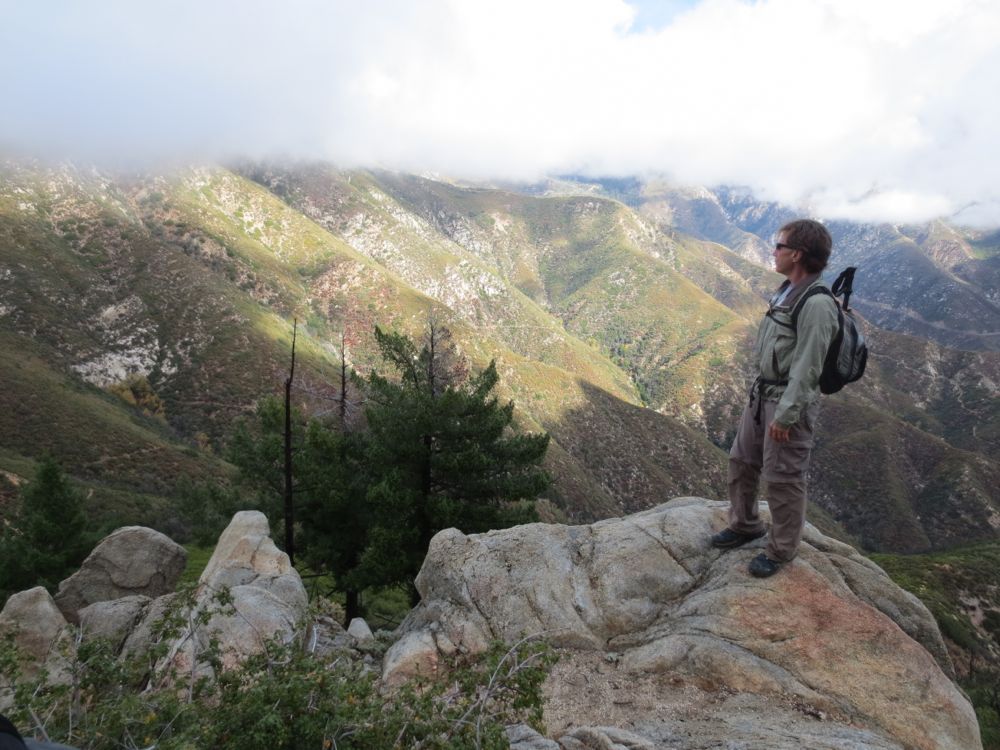
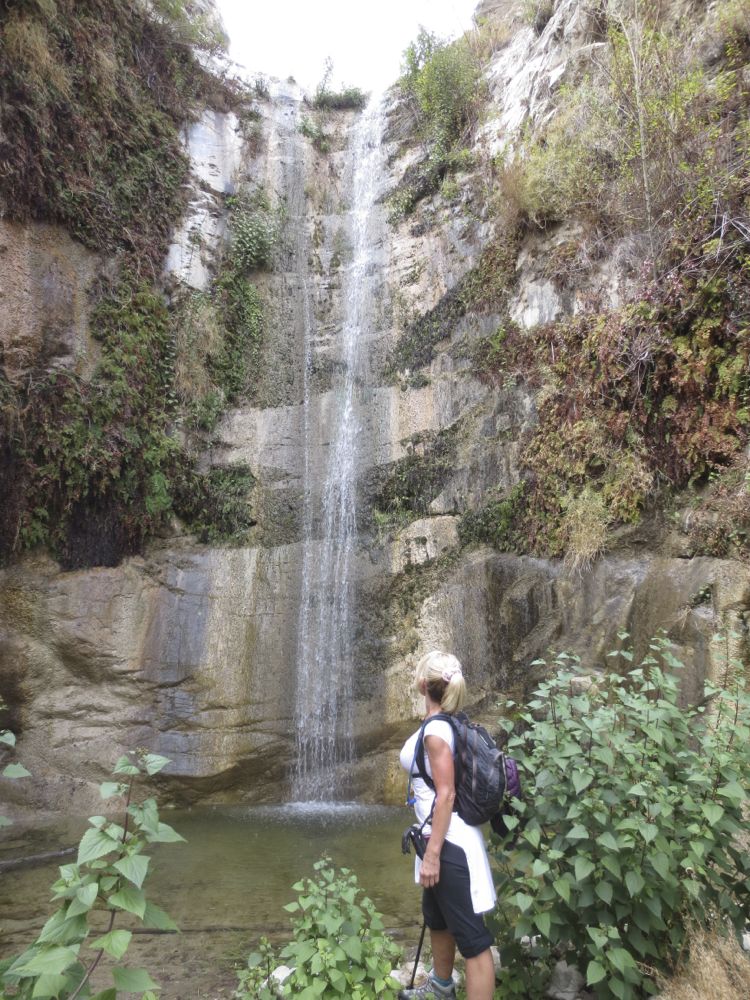
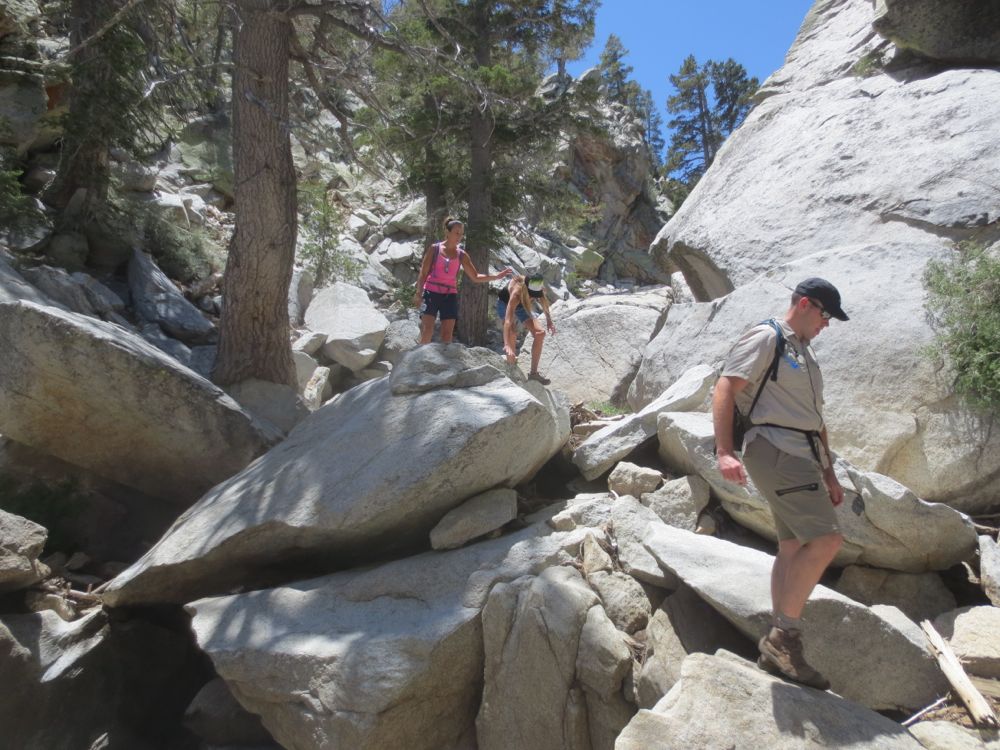
More important still, perhaps, is the enrichment of the spiritual dimension offered through hiking. One can experience a communion with his or her own conception of the spiritual in nature that while not impossible, is difficult to achieve in our noisy, unaesthetic man-made environments. When in nature we intuitively and naturally experience a connection with our spiritual being – and this is the most profound benefit of hiking. Nothing stands between the individual and their conception of the spiritual in the lovely and magical natural world.
The mellifluous voice of a mountain stream, the intoxicating aroma of desert wildflowers, the infinite vistas from a mighty peak – the power and majesty of these natural spaces speak to us in personal and yet simultaneously universal ways, and in so doing provide intuitive answers to some of our deepest questions.
